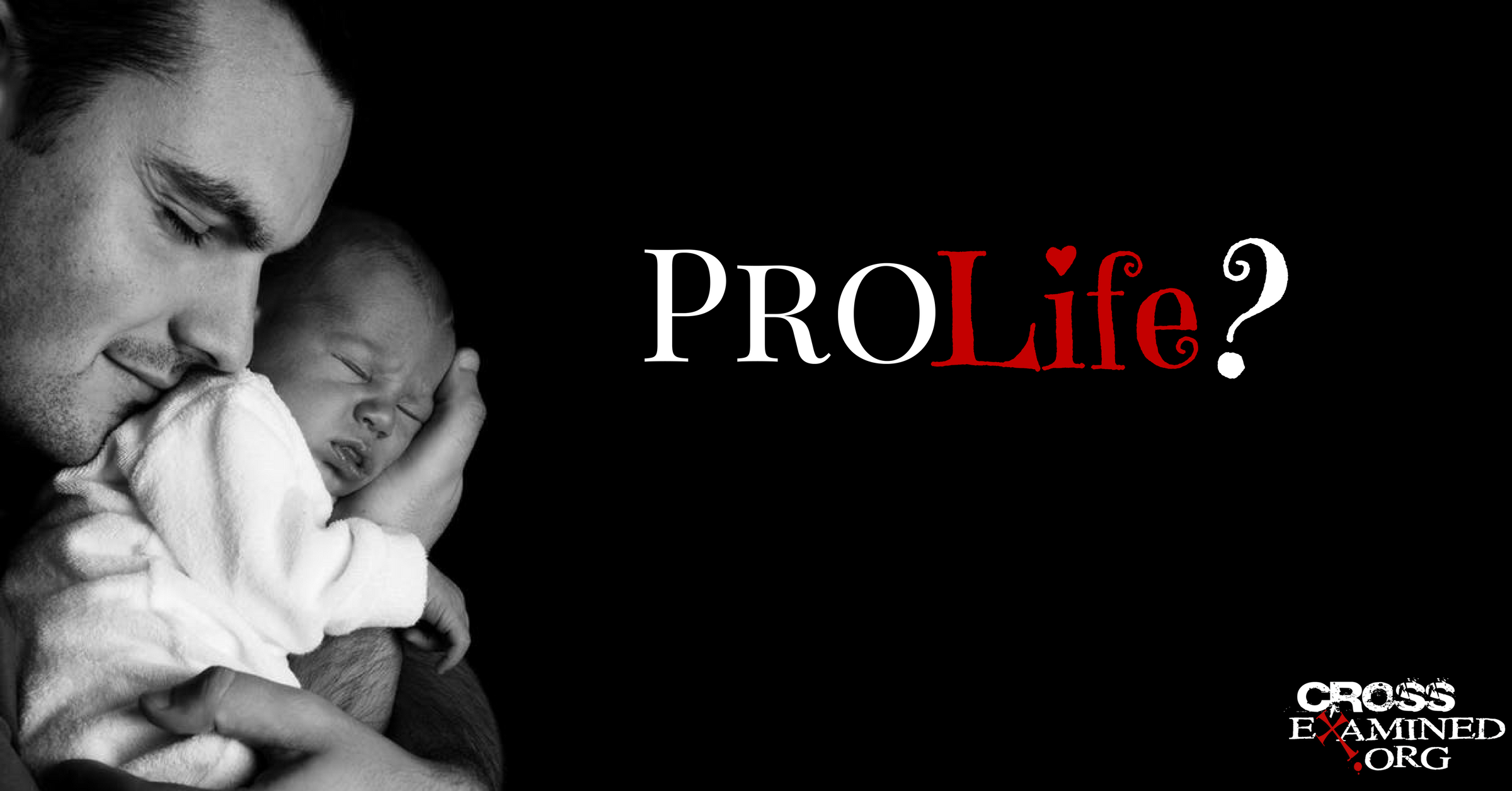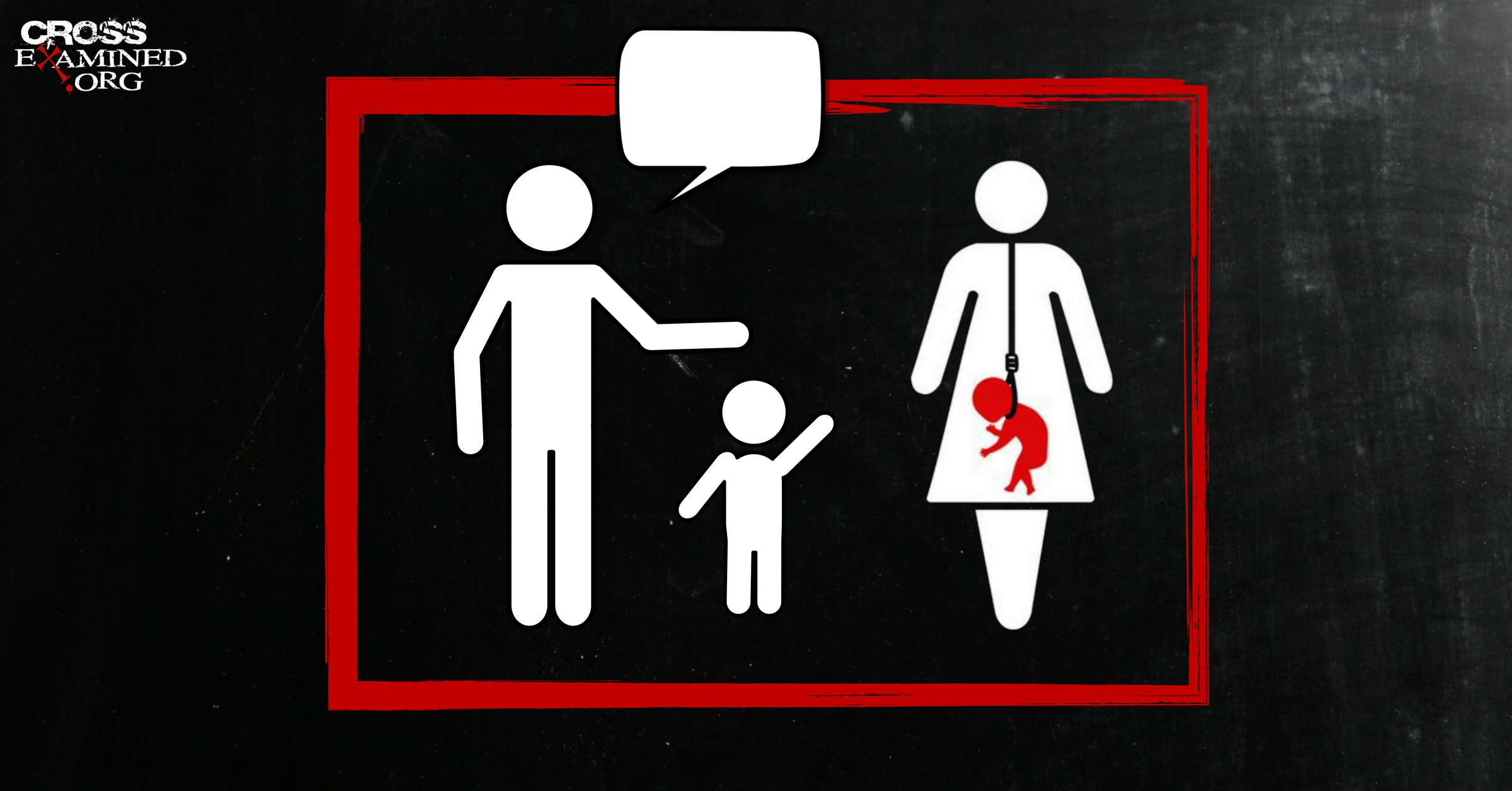Time and time again, I hear the story of one who has left their belief in God in the bin of their childhood memories alongside Santa Clause and the Easter Bunny. And more often than not, I’m given one reason that is quite strange. Well, it’s not strange to me anymore because of how often I’m given this answer. Too often, I have people tell me that the reason they do not believe in God anymore is because no one ever let them ask a question.
Just recently a friend of mine had an old college friend who is an atheist find him on Facebook. The old college buddy sent my friend a nice message that said, “I know we had our differences, but I’ve always admired you and appreciated the respectful conversations we had.”
“It was strange to the get the note,” my friend told me. “Too random to not consider that maybe the Lord was orchestrating something here.”
So my friend kept the conversation going, and at one point he asked him, “What is your biggest objection to the existence of God today?”
His friend’s answer is a sad indictment on the state of many churches. He said, “No one would let me ask a question.”
The friend went on to explain how in High School he started to have some questions, and so he brought them to his pastor and other church leaders. And rather than acceptance and a healthy conversation he was practically shown the door. He was told on more than one occasion that believers don’t ask these questions. They just trust God and have faith. He concluded that his questions didn’t have answers and that Christianity is a fable.
This is not a unique story. I hear this all the time.
How many of you have heard or even said yourself, “If we had answers then we wouldn’t need to have faith.” But Jesus welcomed skeptics and questioners and gave them answers and so should we. If we do not, we will affirm the doubts that cause questions and send our children to atheism.
But we are on the side of truth and have nothing to fear. We need to encourage questions and welcome the questioner. So what can we do to encourage and allow teenagers to ask questions so that they don’t have to just ask Siri or Google, or worse, decide that there are no answers to their questions and abandon their belief in God?
There are three things we can do to create an environment that allows teenagers to ask questions.
First, we build relationships. Many articles and surveys are showing that the younger generations want community. They want relationships with adults. And it is our responsibility to create them. It is the burden of the older generations to build bridges to the younger ones. We need to de-segregate the generations in the church. Teenagers need to know people that have answers and they need to trust them enough to be able to ask a question.
Second, respond to the questioner, not just the question. Teenagers and all people for that matter use questions for purposes other than getting an answer. Sometimes they ask a question to rattle you. Sometimes they ask a question to get to know you. Sometimes they ask a question to test the waters so to speak. Your response will often tell them more than your answer. So control your facial expressions, anticipate as many scenarios as you can, and get in the habit of affirming questions by saying things like, “That’s a great question,” “I’ve wondered that myself” or “That is the right question to be asking.”
Third, ask questions yourself. Get teenagers thinking about important things while they are in a safe environment. Don’t let the first time they hear a question regarding the reliability of scripture be in the classroom of a professor who wants to convert your child to naturalism. My goal is to ask my children the questions I know they will have before they have them. And I make it a point to tell my children to never stop asking questions. “The important thing is to never stop questioning” is probably what my kids are going put on my grave marker.
I had such a proud moment the other day. My six-year-old daughter was jumping on the trampoline, and we were talking about taking care of other people. Something happened at school that day, and it was a natural opportunity to talk about protecting the weak and how we always need to be nice and invite other kids to play.
At one point I said, “Sherrard’s always…” and I waited for her to finish. I was expecting her to say, “take care of those weaker than us.” But she blurted out, “Ask Questions!” I smiled very big and slept very good that night.
There does not exist a question for which there is not a good answer. So welcome the questioner and find an answer to their question. Do not be afraid of not knowing everything and being asked a question that you can’t answer. There are countless books and resources. And there are organizations like Ratio Christi that can help train you and point you to the resources that can help you along the way. And there is always me. Always feel free to reach out for guidance or support. I like to do more than write.
Michael C. Sherrard is a pastor, a writer, and a speaker. Booking info and such can be found at michaelcsherrard.com.
Original Blog Source: http://bit.ly/2VGJ2Zw













